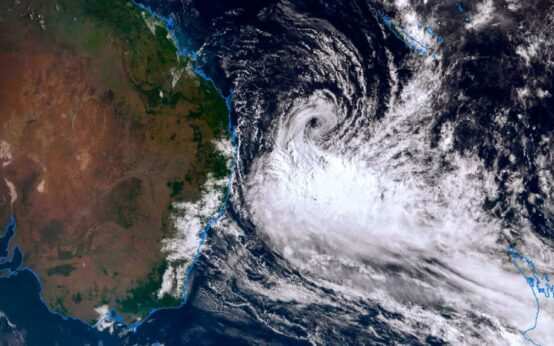Courts around the globe are stepping up to tackle climate change. From constitutional courts and human rights tribunals to international advisory rulings, the legal system is becoming a powerful arena for climate accountability. Across continents, judges are being asked to decide whether governments and corporations can be held responsible for their contributions to global warming and whether individuals and communities have legal rights to a stable, safe environment.
Climate Litigation Reaches the Highest Courts
Climate-related lawsuits have soared in recent years, with citizens or communities filing cases across national and international courts. A major legal analysis by the London School of Economics found that between 2015 and 2024, a record 276 climate cases reached the highest courts such as supreme courts and constitutional tribunals.

Most of these cases challenge government inaction or weak climate policies. About two-thirds raise questions of whether public officials failed to uphold their duty to protect citizens from climate harm. Around 20% target corporations directly, seeking compensation for polluting activities or misleading greenwashing claims.
Landmark Human Rights Rulings Signal a Shift
The European Court of Human Rights made a landmark ruling in April 2024 with KlimaSeniorinnen Schweiz v. Switzerland. The court found that Switzerland violated human rights by not taking sufficient action against climate change.
This is the first time an international court recognized inaction on climate as a breach of citizens’ rights, and it requires member states to review their climate policies.
In another major move, Germany’s constitutional court in Neubauer v. Germany ruled that lawmakers had violated fundamental rights by delaying meaningful greenhouse gas reductions with an emphasis on protecting future generations.
Telling Legal Battlegrounds from Australia to New Zealand
Judges in many countries are now dealing with new legal challenges that connect environmental harm to human rights and government responsibility. Although the Federal Court eventually rejected the case under negligence law, it still recognized the real impact of climate change on the islanders’ lives.

As a result, this case sparked stronger public debate and increased pressure for new laws and policy reforms. Therefore, even though the lawsuit did not win, it played an important role in bringing attention to climate justice and the need for better legal protections.
United States, the case of Held v. Montana saw courts uphold the constitutional right of youth to a healthy environment, challenging the state’s energy permitting practices. New Zealand’s Supreme Court also ruled that polluting companies may be liable in tort for future climate damage affecting coastal communities.
Growing Global Trends and Future Impact
Legal history shows that apex court judgments carry weight across jurisdictions. As more countries issue rulings linking human rights like the right to life or health to climate responsibilities, domestic courts and legislatures may feel compelled to respond. Grantham Institute data fields indicate that although most climate cases remain in developed countries, filings in developing nations have surged to over 60% in the last five years, driven by local communities and governments.


 Can Everest Base Camp Be Moved?
Can Everest Base Camp Be Moved?  Underreported Climate Migration Surges in South Asia
Underreported Climate Migration Surges in South Asia  Why is Brazil Cutting Amazon Forest?
Why is Brazil Cutting Amazon Forest?  Wildfires devastate southern South Korea, claiming at least 24 lives
Wildfires devastate southern South Korea, claiming at least 24 lives  Alfred Cyclone: Australian Government told to prepare for worst
Alfred Cyclone: Australian Government told to prepare for worst  Oligarchy Taking Shape In America,” Says President Joe Biden
Oligarchy Taking Shape In America,” Says President Joe Biden